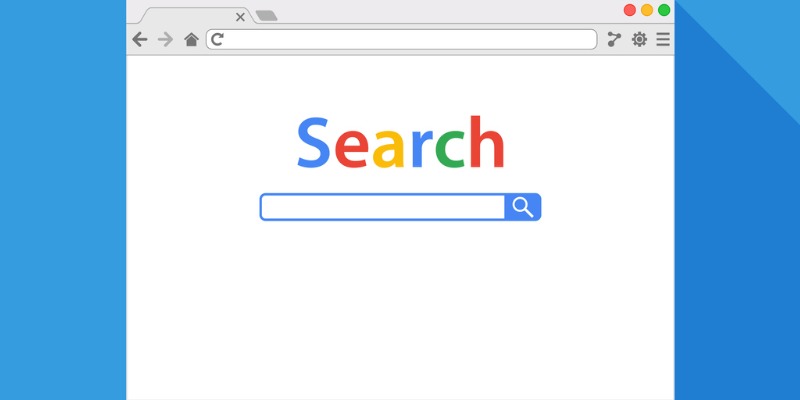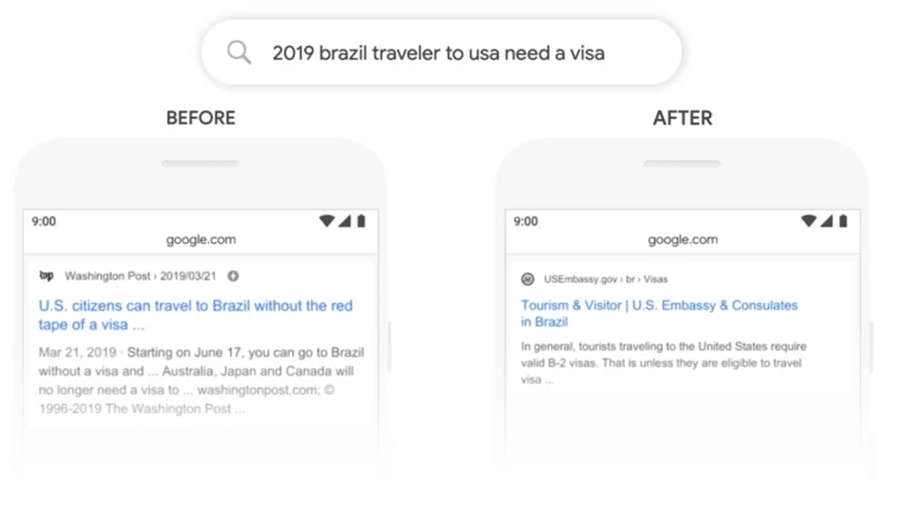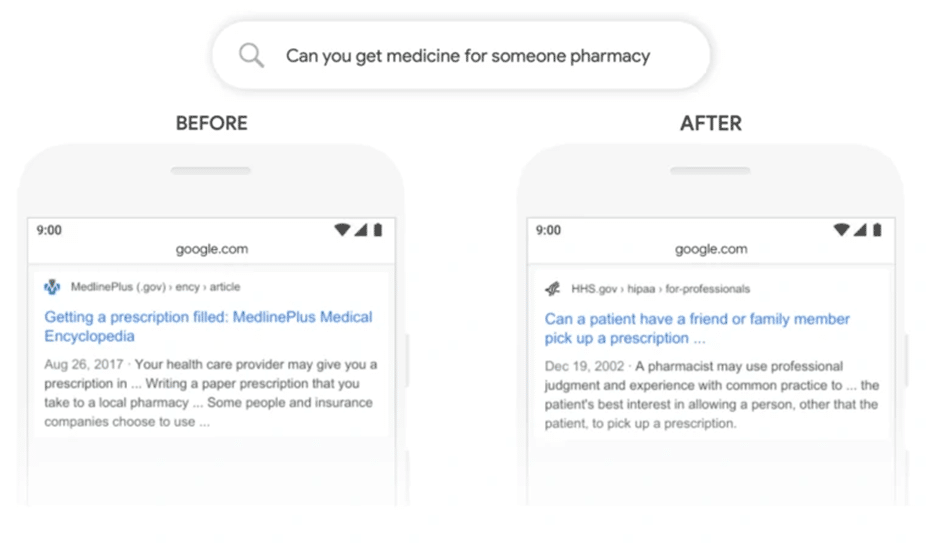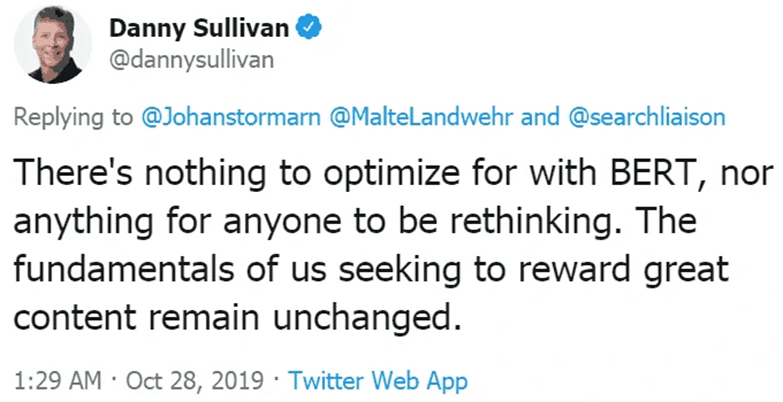Optimization Station: Google's BERT Update
Last Friday (10/25), Google released their BERT update, which they're calling their most important update of the last five years. It impacts an estimated 10% of search queries.
What is BERT and what does it mean for us and our clients?
BERT is a major Google update affecting complicated search queries that depend on context. The update will improve language understanding, particularly for conversational/natural language search queries. For example, the intent of a search query could change dramatically by using “for” or “to”. Also, words like “rose” and “bass” have multiple meanings. BERT helps Google to understand this and generate better results.
Here are a couple examples of BERT in action. You can see how BERT helps Google to understand the queries and generate more accurate results.
In the first example, Google now better understands that the user is looking to travel from Brazil to the US, not the other way around. In the second example, Google understands the context of "for someone" and generates better results accordingly.
What are the benefits of this change?
Well, to be honest, BERT does not have much of an immediate effect on our clients. The biggest takeaway is that it becomes more important to use words in the correct context. As always, we should firstly be writing for humans, secondly for Google. Writing content unnaturally to include keywords will end up hurting their SEO, but this has been the case for a while now.
Here's what Google's Danny Sullivan had to say about the update:
Some important things to note:
- BERT does not mean optimizing your site for long tail keywords
Optimizing for long tail keywords is essential to any SEO campaign, but the introduction of BERT doesn't make it any more important than it was previously.
- BERT does not make stop words any more important than they were previously
Because the initial SEJ article explaining the update used to "to"/"from" example, some SEOs are claiming that stop words are much more important now. This is not true. Remember, the update is all about understanding the context of searches, not on-page optimization. That example is simply used to note how the context of a query can change dramatically by using "to" instead of "from" and vice versa.
If you have any questions about this SEO update, or anything SEO or Digital Marketing related, please don't hesitate to contact us!
Sources:
https://www.searchenginejournal.com/google-bert-update/332161/
https://www.searchenginejournal.com/google-bert-misinformation/332931/



